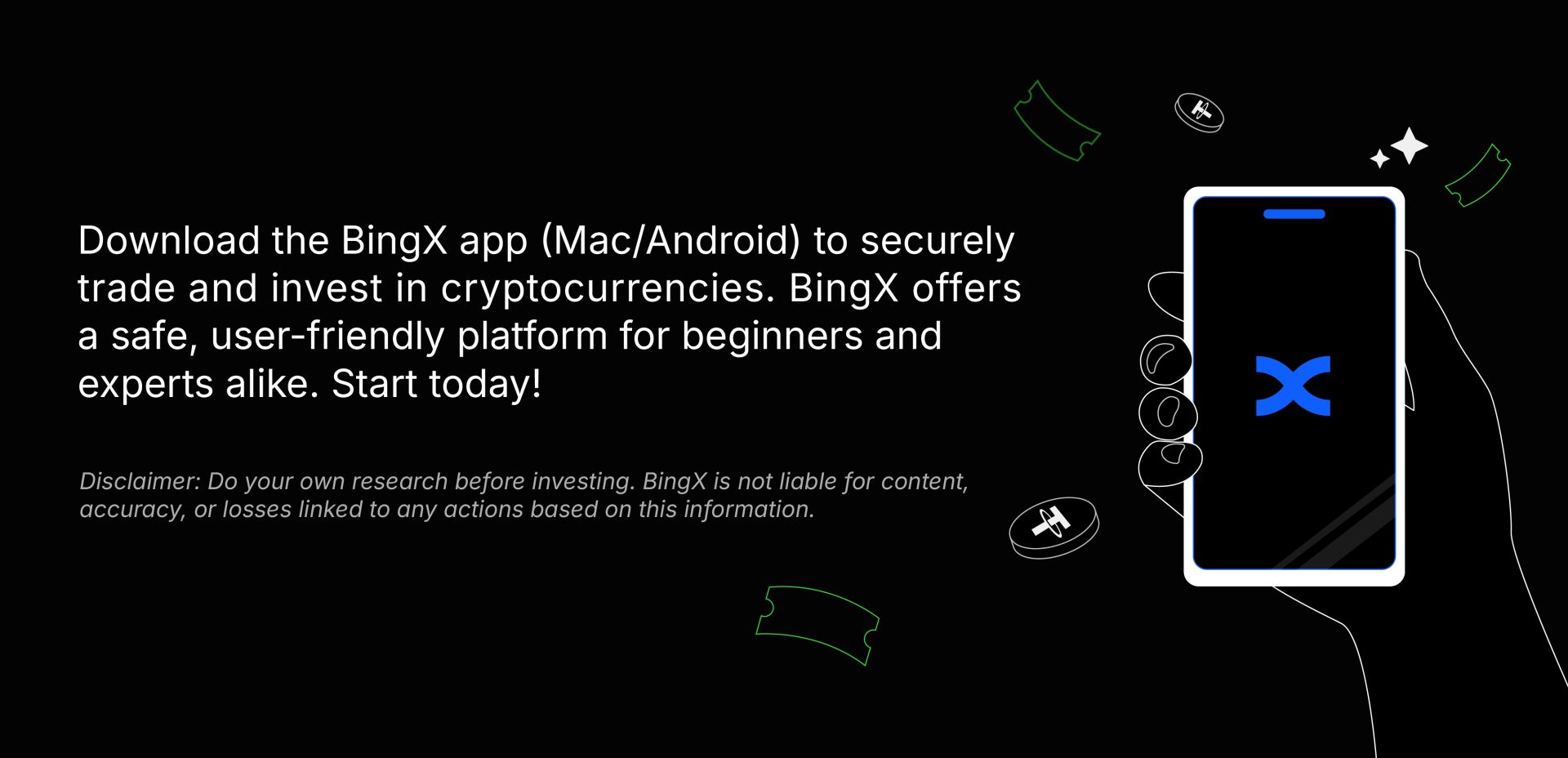The crypto ETF market is expanding fast, with a growing range of products offering exposure to Bitcoin, Ethereum, and even baskets of altcoins. But recently, there’s been buzz around a new question: Could we see a true “Crypto Blue Chip ETF”—and what does that even mean?
What Is a “Blue Chip” ETF Anyway?
In traditional finance, “blue chip” refers to large, well-established companies with a history of stability, strong performance, and steady dividends—think Apple, Microsoft, or Coca-Cola. A blue-chip ETF typically tracks an index like the S&P 500 or Dow Jones Industrial Average, giving investors exposure to these reliable, market-leading firms.
The key qualities of blue-chip investments are predictable growth, low volatility, and proven resilience through market cycles. Investors turn to these ETFs as anchors in their portfolios, expecting consistent returns and a relatively lower risk profile.
Why Crypto ETFs Don’t Quite Fit—Yet
Today’s crypto ETFs look very different. Even the most popular ones, like spot Bitcoin or diversified digital asset funds, offer exposure to a volatile, fast-moving, and relatively young asset class. Products like the Bitwise MSCI Digital Assets Select 20 ETP track leading cryptocurrencies but fall short of “blue chip” status when compared to traditional benchmarks.
That’s because crypto markets as a whole are still maturing. Bitcoin and Ethereum may dominate in terms of market cap and network effects, but they don’t yet have the track record of decades-long stability that defines traditional blue chips.
What Would a Crypto Blue Chip ETF Require?
For a crypto ETF to earn the “blue chip” label, we’d need more than just a diversified basket of top tokens. It would require the industry itself to mature—greater regulatory clarity, institutional adoption, reduced volatility, and clear leaders with sustainable value propositions.
In this context, a future “Crypto Blue Chip ETF” might focus on assets that show not just market leadership, but also strong fundamentals, wide adoption, and long-term durability—perhaps Bitcoin, Ethereum, and other protocols that prove their utility over time.
Why It Matters for Investors
For crypto investors, understanding this distinction is key. While diversified crypto ETFs offer easy access to a broad slice of the market, they don’t yet provide the same level of stability or predictability that blue-chip equity ETFs offer.
The takeaway? While crypto has blue-chip potential—it isn’t quite there yet.
